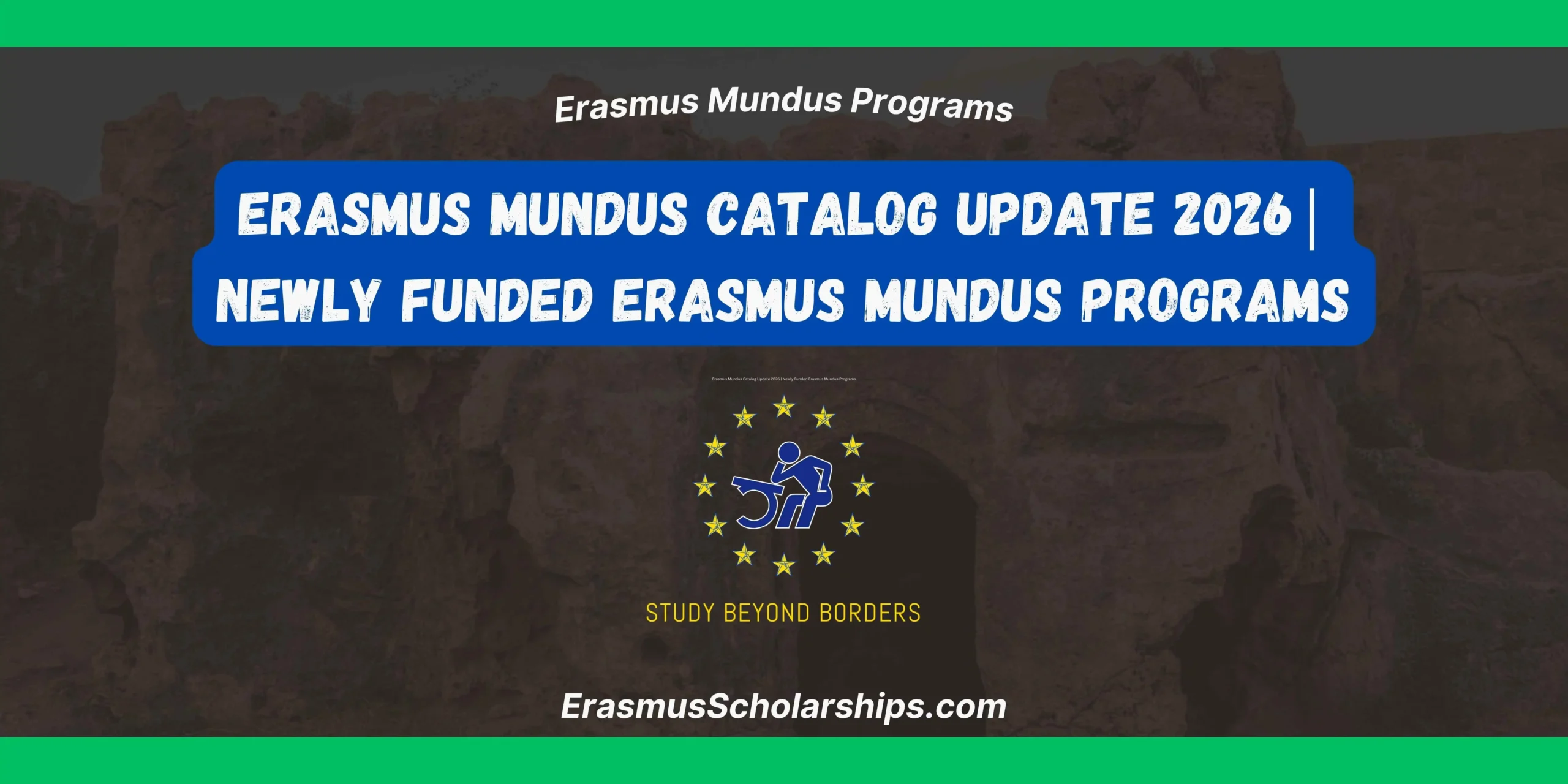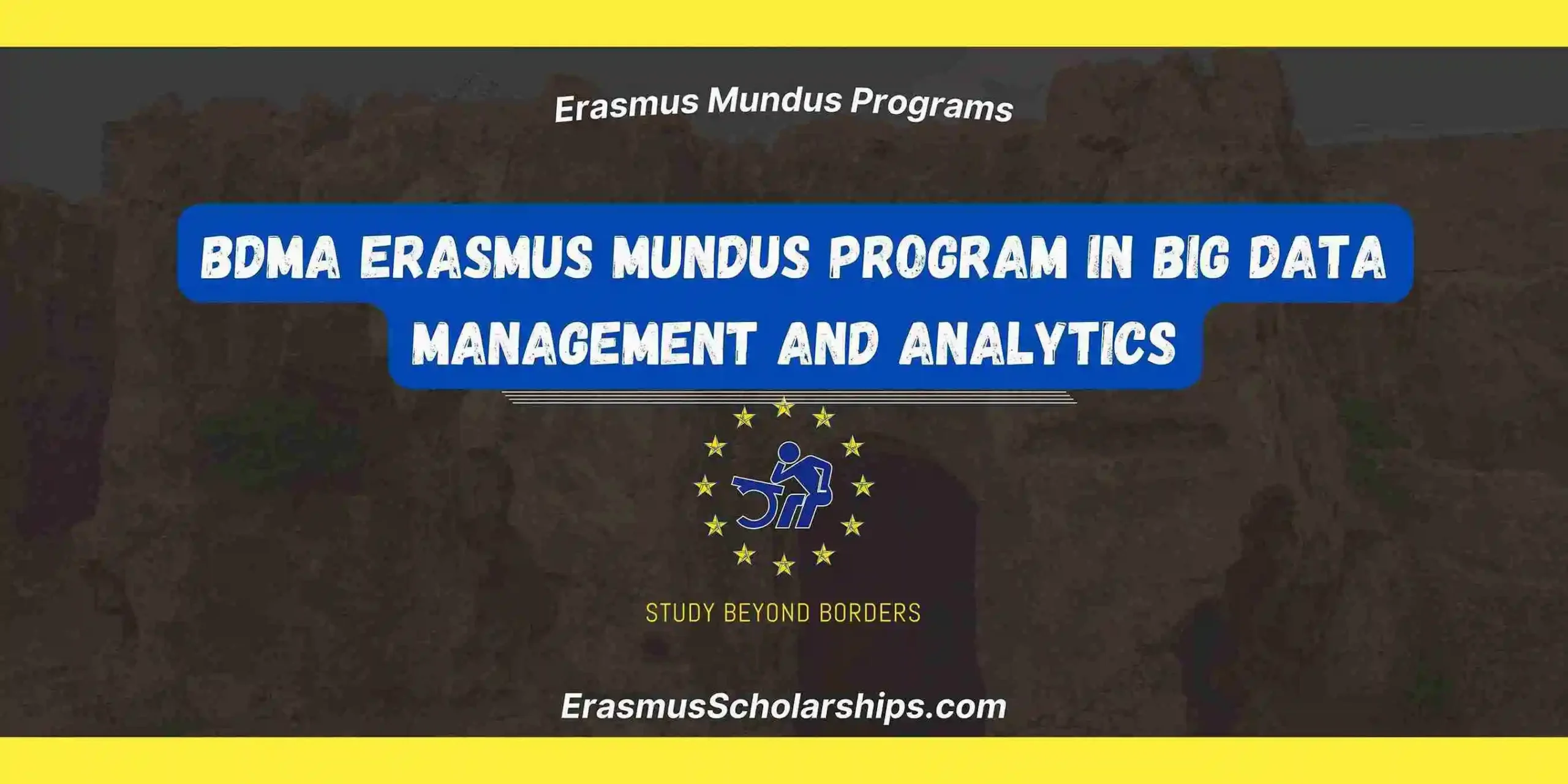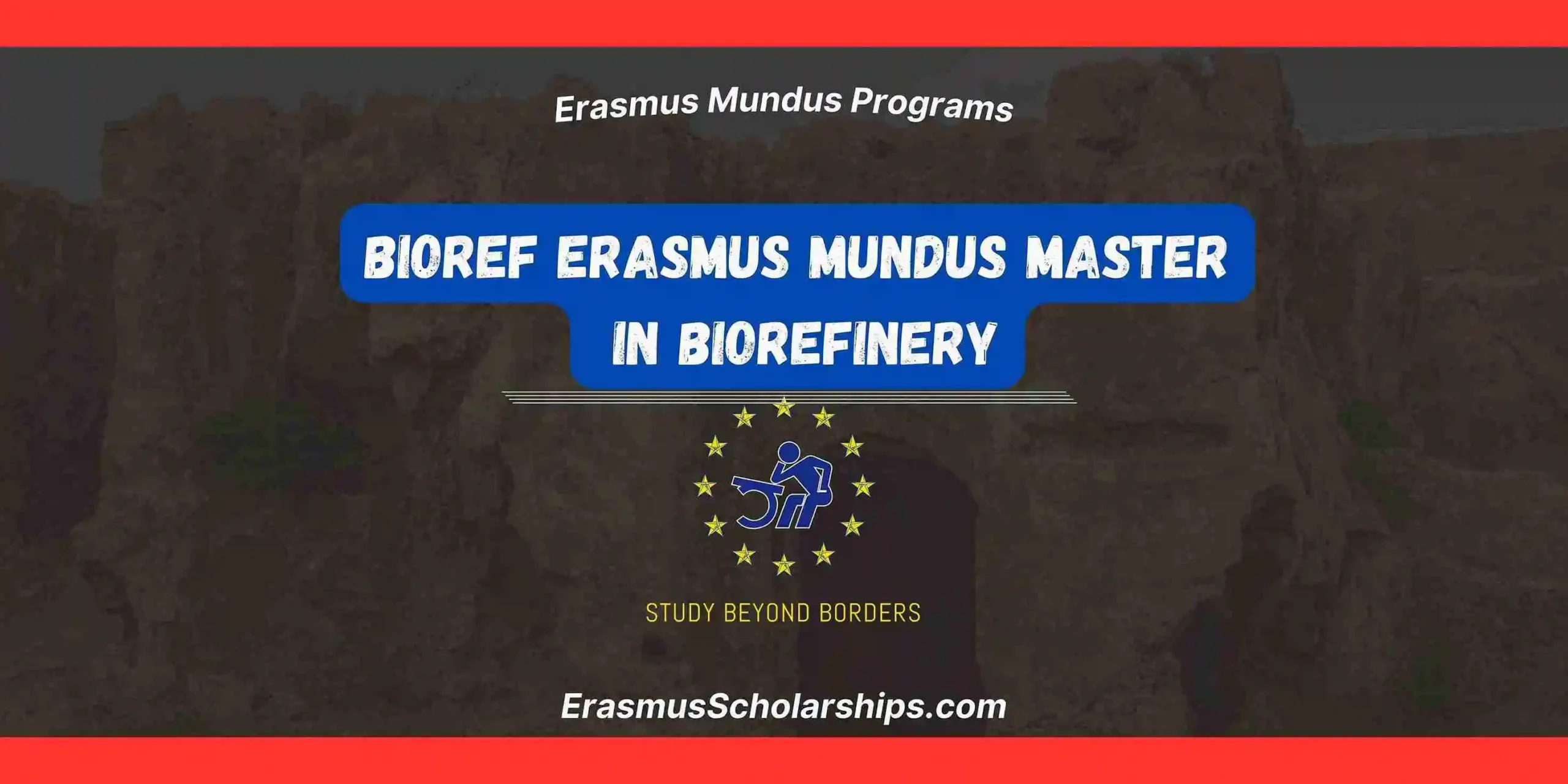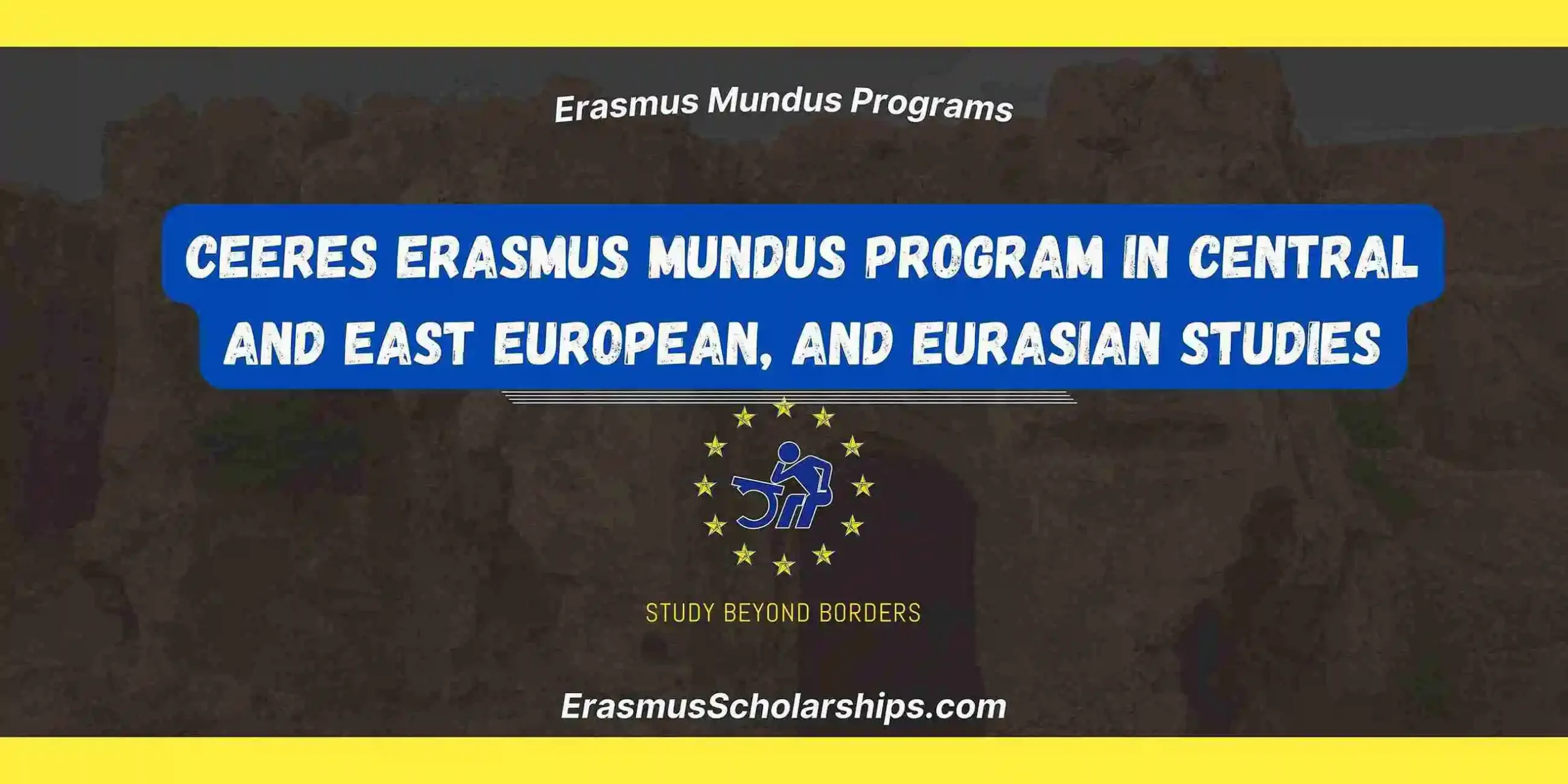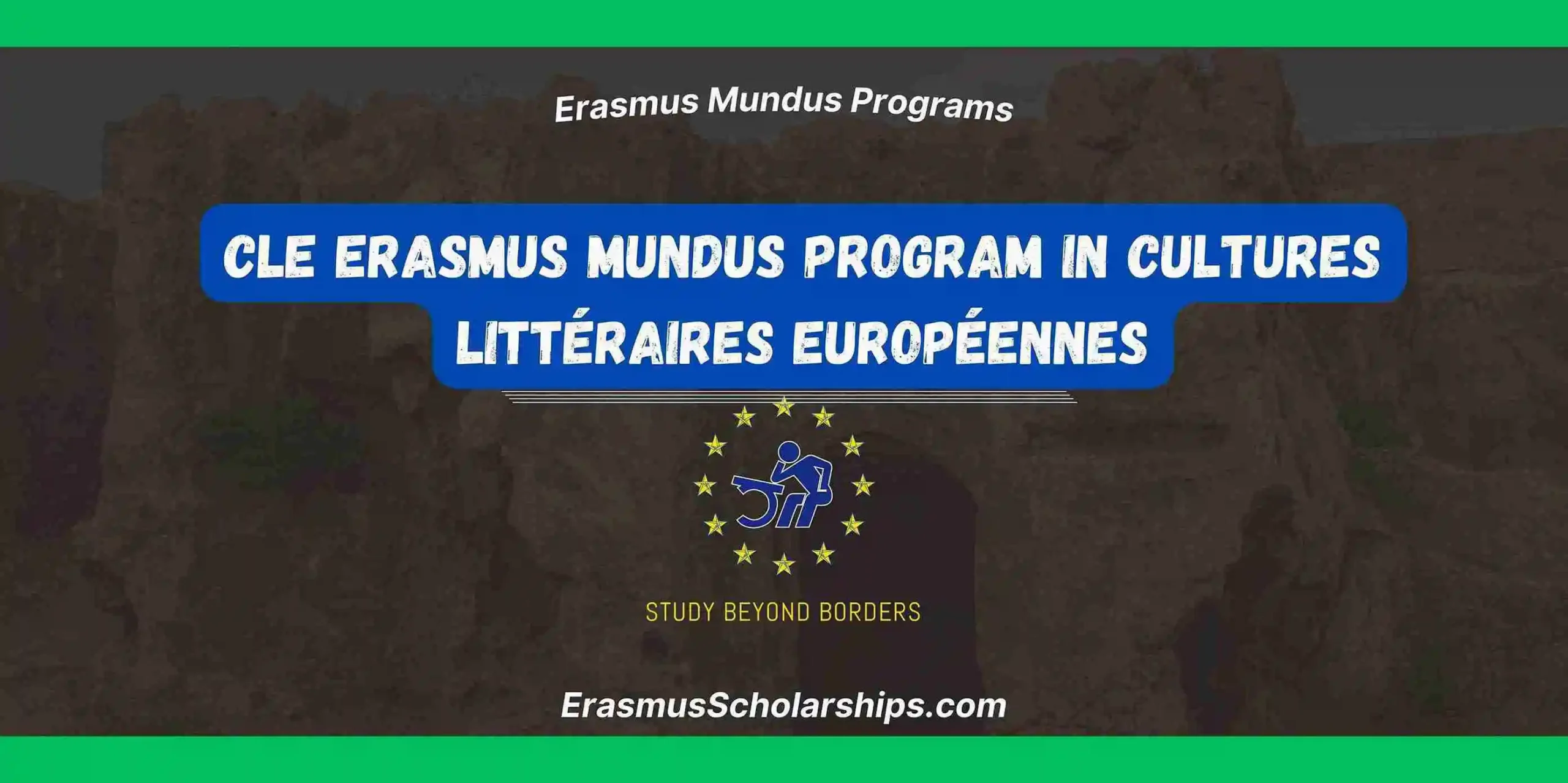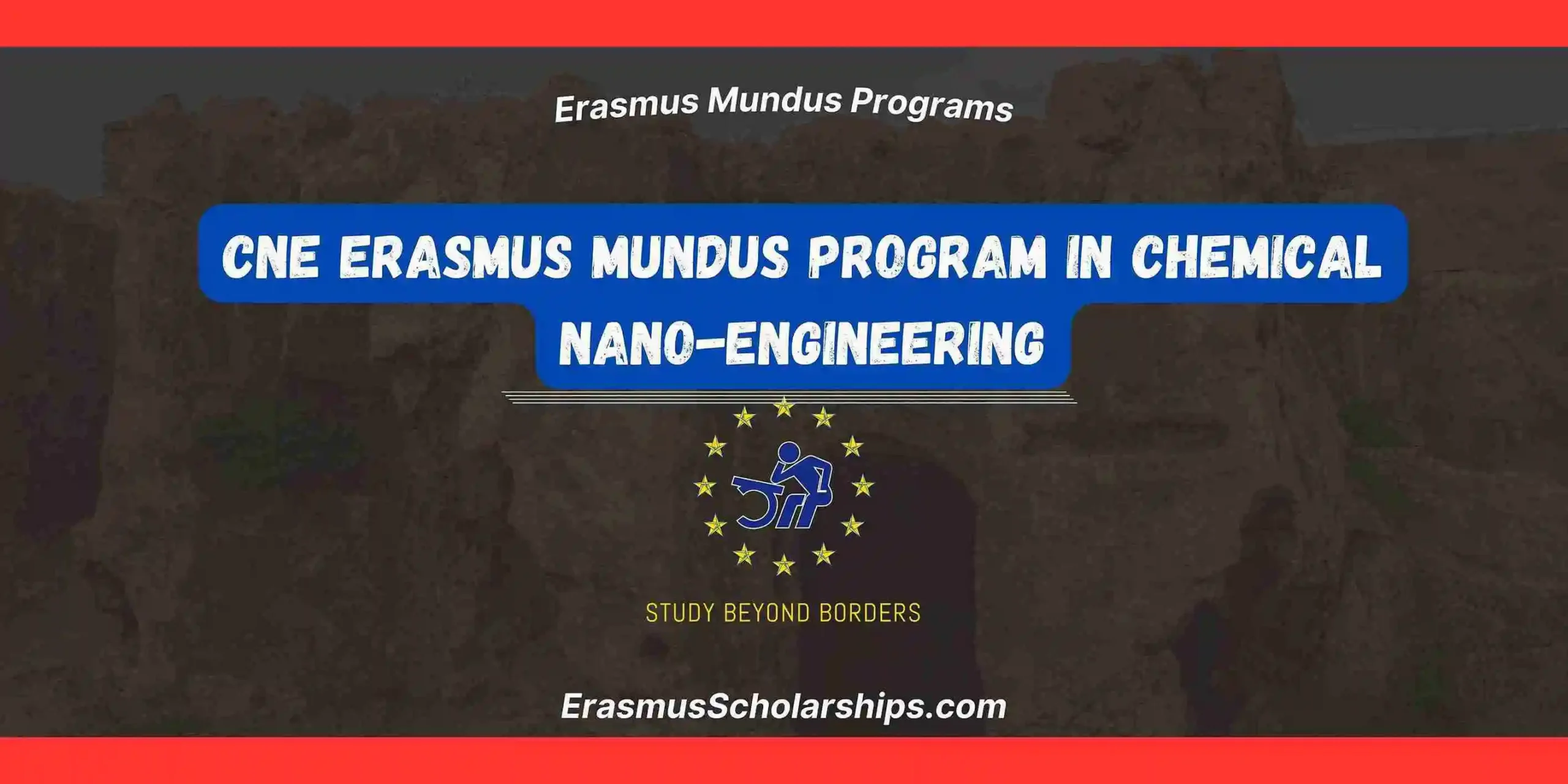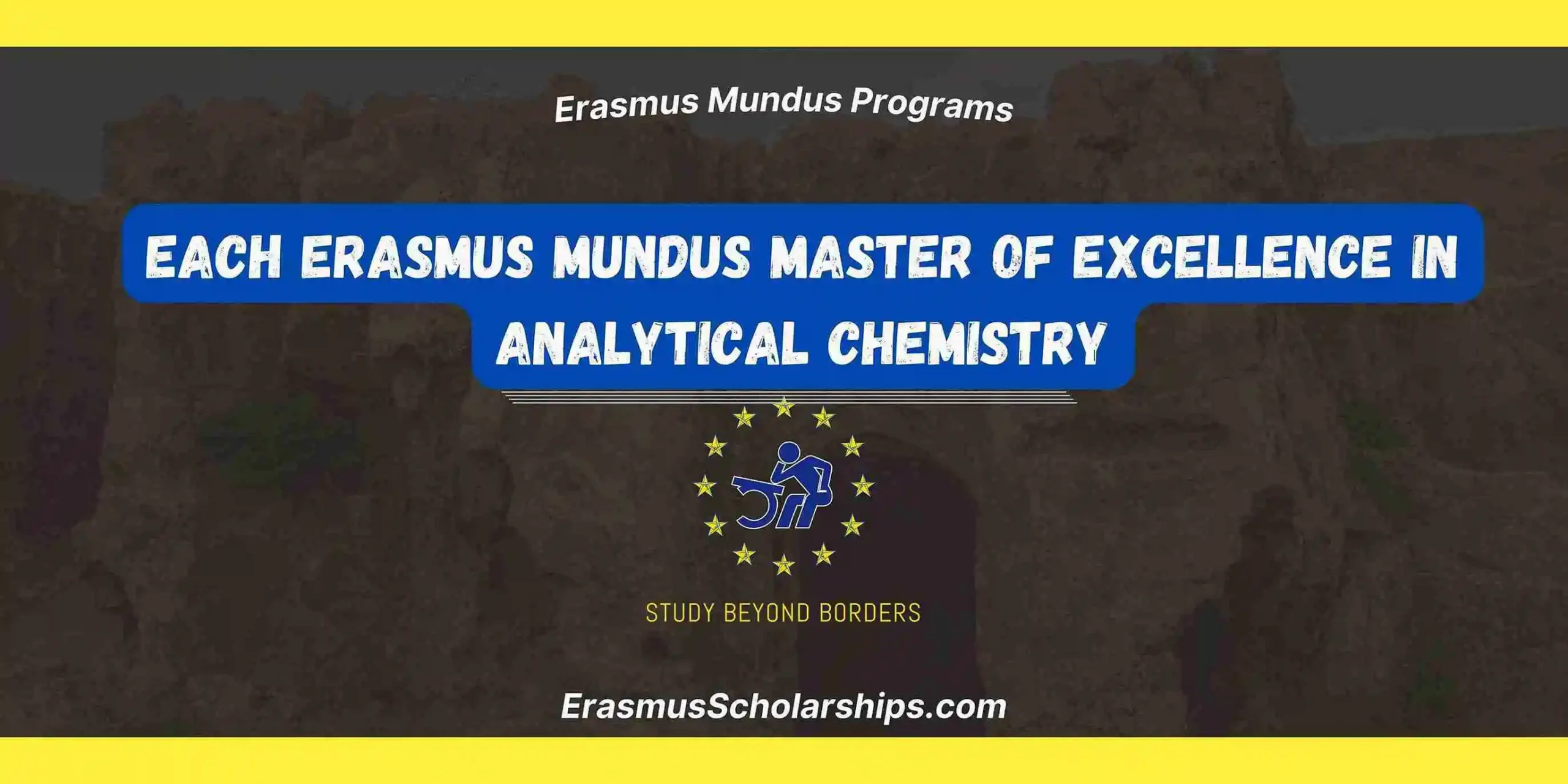The EU CORE Erasmus Mundus (EU-CORE) is a prestigious two-year joint master’s programme designed to equip students with advanced knowledge and skills in the control of renewable energy systems. Selected under the Erasmus+ 2021–2027 Key Action 2 in 2024, EU-CORE stands out as the only joint master’s programme focusing specifically on this critical area of study . The programme aims to train top-level engineers capable of designing advanced control technologies for renewable energy systems, contributing to Europe’s environmental and energy ambitions under the Green Deal.
Implemented by a consortium of three major European Higher Education Institutions, École Centrale de Nantes (France), Brandenburg University of Technology Cottbus-Senftenberg (Germany), and University of Zagreb (Croatia), EU-CORE offers students a unique opportunity to study in diverse academic and cultural environments . The programme’s curriculum is structured to provide a comprehensive understanding of renewable energy systems, with an emphasis on practical applications and research.
Project Status
- Status: Ongoing
- Start date: 01-10-2024
- End date: 30-11-2030
- EU Grant: 4.968.000,00 €
- Action Type: Erasmus Mundus Joint Master
- Universities Involved
- Countries Involved
The EU CORE Erasmus Mundus program offers students the opportunity to study at three top-tier universities across Europe.
| École Centrale de Nantes |
| Brandenburg University of Technology Cottbus-Senftenberg |
| University of Zagreb |
| France |
| Germany |
| Croatia |
This cross-border collaboration allows students to gain an international perspective while studying and researching in the heart of Europe’s academic and industrial hubs.
Description of the EU CORE Erasmus Mundus Programme
The EU CORE Erasmus Mundus programme is designed to address the growing need for expertise in renewable energy systems. It focuses on the design and control of renewable energy technologies, preparing students to tackle challenges related to energy efficiency and sustainability. The programme combines theoretical knowledge with practical experience, ensuring graduates are well-equipped for careers in academia, industry, or policy-making.
Key Features of the EU CORE Erasmus Mundus Programme
- International Mobility: Study across three European countries.
- Interdisciplinary Curriculum: Combines engineering, control systems, and renewable energy studies.
- Research Opportunities: Engage in cutting-edge research projects.
- Scholarships: Available for eligible students through Erasmus+.
Mobility Tracks of the EU CORE Erasmus Mundus Programme
Students enrolled in the EU CORE Erasmus Mundus programme will experience a structured mobility scheme:
- Semester 1: École Centrale de Nantes, France
- Semester 2: University of Zagreb, Croatia
- Semester 3: Brandenburg University of Technology Cottbus-Senftenberg, Germany
- Semester 4: Master’s thesis at one of the partner institutions or an associated partner.
Admission Requirements
- Academic Qualifications: Bachelor’s degree (180 ECTS) in Electrical Engineering, Mechanical Engineering, Control Systems, or related fields.
- English Proficiency:
- TOEFL iBT: 80
- IELTS: 6.5
- Cambridge B2 First Test: 173 or higher
- Cambridge C1 Advanced Test: 160 or higher
- TOEIC: 800
- Note: Test results must not be older than 3 years at the time of application.
How to Apply for EU CORE Erasmus Mundus Programme
- Prepare Documents:
- Valid passport or ID
- Curriculum Vitae
- Academic transcripts and diplomas
- Proof of English proficiency
- Motivation letter
- Online Application: Submit your application through the official portal
- No Original Documents Needed: At the application stage, original documents are not required. However, selected candidates may need to provide them later for registration purposes.
Tips to Win the EU CORE Erasmus Mundus Programme
- Strong Academic Background: Ensure your academic records reflect excellence in relevant fields.
- Compelling Motivation Letter: Clearly articulate your interest in renewable energy systems and how the programme aligns with your career goals.
- Relevant Experience: Highlight any internships, projects, or work experience related to renewable energy or control systems.
- Early Application: Submit your application well before the deadline to avoid last-minute issues.
- Recommendation Letters: Obtain strong references from academic or professional contacts who can attest to your suitability for the programme.
Application Timeline
- Application Opening: September 2024
- Deadline for Erasmus+ EMJM and Consortium Scholarships: 31 January 2025 (11:59 PM GMT +1)
- Results Announcement: For applications submitted before 31 January 2025, results are communicated via email.
Curriculum Structure of the EU CORE Erasmus Mundus Programme
The EU CORE Erasmus Mundus programme spans two academic years (24 months), totaling 120 ECTS credits. The curriculum is divided into four semesters:
- Semesters 1–3: Coursework at each of the three partner universities, focusing on core subjects in renewable energy systems and control technologies.
- Semester 4: Master’s thesis conducted at one of the partner institutions or an associated partner, allowing students to engage in research projects aligned with their interests.
Details of the course curriculum can be found here:
Coordinator Contact
- Email: eucore@ec-nantes.fr
- Address:
- EU-CORE Management Office, École Centrale de Nantes, 1 rue de la Noë, 44321 Nantes Cedex, France.
Frequently Asked Questions (FAQs)
What is the EU CORE Erasmus Mundus Programme?
It is a two-year joint master’s programme focusing on the control of renewable energy systems, implemented by a consortium of European universities
Who can apply for the EU CORE Erasmus Mundus Programme?
Applicants with a bachelor’s degree in Electrical Engineering, Mechanical Engineering, Control Systems, or related fields, and who meet the English proficiency requirements.
How do I apply for the EU CORE Erasmus Mundus Programme?
Submit your application through the official portal and include all required documents such as CV, motivation letter, recommendation letters etc.
Are scholarships available for the EU CORE Erasmus Mundus Programme?
Yes, Erasmus+ EMJM and Consortium scholarships are available for eligible students
What are the mobility tracks in the EU CORE Erasmus Mundus Programme?
Students study across three European universities, École Centrale de Nantes (France), Brandenburg University of Technology Cottbus-Senftenberg (Germany), and University of Zagreb (Croatia), and complete a master’s thesis in the final semester.


